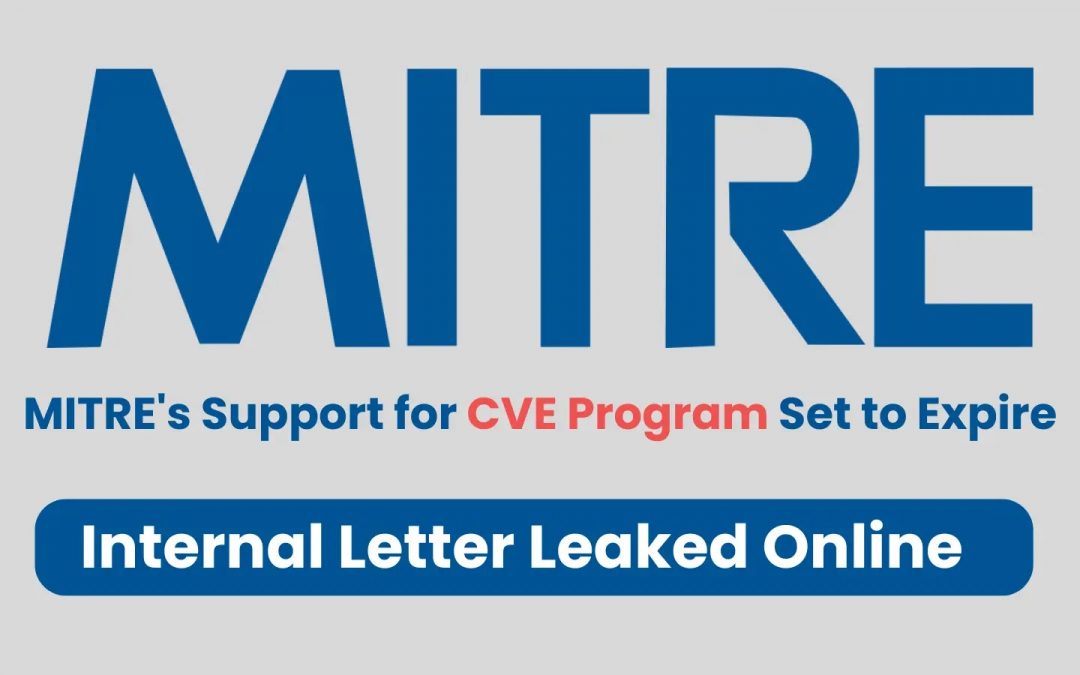An announcement surfaced online regarding MITRE. It is dated April 15, 2025, stemming from a credible source and disclosing that the conclusion of the organization’s role in upholding the Common Vulnerabilities and Exposures (CVE) initiative is impending. The current contract is set to expire on April 16, 2025, potentially jeopardizing a crucial facet of cybersecurity.
The correspondence, directed at CVE Board Members and endorsed by Yosry Barsoum, Vice President and Director of MITRE’s Center for Securing the Homeland (CSH), touches upon the uncertainty surrounding MITRE’s ongoing contribution to overseeing the CVE initiative and associated endeavors.
MITRE is a non-profit entity that manages federally sponsored research and development centers (FFRDCs), including the National Cybersecurity FFRDC that maintains the CVE program.
Located in McLean, Virginia, MITRE has been pivotal in propelling cybersecurity solutions for government and corporate allies.
The CVE program furnishes a standardized scheme for pinpointing and categorizing cybersecurity vulnerabilities.
It is extensively employed by entities to rank and tackle security threats, positioning it as a cornerstone of global cybersecurity endeavors.
Managed by MITRE and backed by the U.S. Department of Homeland Security, the CVE program has been crucial to global cybersecurity efforts for an extended period.
It offers a uniform approach for identifying, explaining, and documenting publicly acknowledged cybersecurity flaws, empowering organizations worldwide to address security loopholes competently.
Presently, the CVE database boasts over 274,000 entries, underscoring its critical role in the cybersecurity domain.
In the letter, Barsoum alerts of the expiry of MITRE’s ongoing contract to “develop, operate, and modernize CVE and several other relevant programs, such as CWE,” potentially triggering significant disruptions.
Although efforts are purportedly being made by the government to uphold MITRE’s involvement further, Barsoum mentions that a service disruption could engender “various consequences” within the CVE network, with cybersecurity reporter David DiMolfetta corroborating the letter’s authenticity.
These repercussions could encompass a potential “weakening of national vulnerability databases and advisories, tool providers, incident response operations, and the overarching critical infrastructure.”
The CVE initiative has encountered hurdles recently, such as transitioning to a new portal (CVE.ORG) and updating its data format to JSON, with support for older download formats ending on June 30, 2024.
Furthermore, MITRE has commenced assigning CVEs to service-related vulnerabilities, deviating from its prior emphasis on flaws in publicly disseminated software products.
These adaptations mirror the changing landscape of cybersecurity threats while accentuating the program’s dependence on sustained funding and operational backing.
MITRE, renowned for its problem-solving endeavors for a safer world, reiterates its dedication to the CVE program as a global asset.
Nonetheless, the uncertainty shrouding its contract raises questions about the future of security management and the potential cascading effects on national security and critical infrastructure.
This narrative is evolving. Cyber Security News have reached out to MITRE for an official statement and will update this article as additional details come to light.


.png%0D%0A)